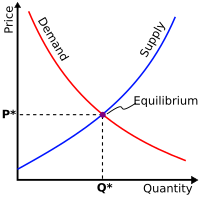Monetary/fiscal debate

Imagine you have a piggy bank where you save your pocket money. Sometimes you may want to save more money so you can buy bigger and better things in the future.
The government also has a piggy bank called the economy that they use to keep the country running. They have two ways to put money in the piggy bank: they can either print more money (monetary) or they can collect taxes (fiscal).
When they print more money, they're essentially creating more coins and bills that people can use to buy things. However, if there's too much money in the economy, the value of each coin and bill may go down and this can cause inflation or less buying power for people.
On the other hand, they can collect taxes to bring money into the economy. Then they can use that money to create jobs, improve schools and hospitals, and help those who need it the most. But if they collect too much tax or don't spend the right way, it can hurt the economy and affect people's jobs and lives.
So, the monetary/fiscal debate is all about how the government can put more money into the piggy bank and help the country grow, without causing inflation or hurting people's lives.
The government also has a piggy bank called the economy that they use to keep the country running. They have two ways to put money in the piggy bank: they can either print more money (monetary) or they can collect taxes (fiscal).
When they print more money, they're essentially creating more coins and bills that people can use to buy things. However, if there's too much money in the economy, the value of each coin and bill may go down and this can cause inflation or less buying power for people.
On the other hand, they can collect taxes to bring money into the economy. Then they can use that money to create jobs, improve schools and hospitals, and help those who need it the most. But if they collect too much tax or don't spend the right way, it can hurt the economy and affect people's jobs and lives.
So, the monetary/fiscal debate is all about how the government can put more money into the piggy bank and help the country grow, without causing inflation or hurting people's lives.
Related topics others have asked about:
